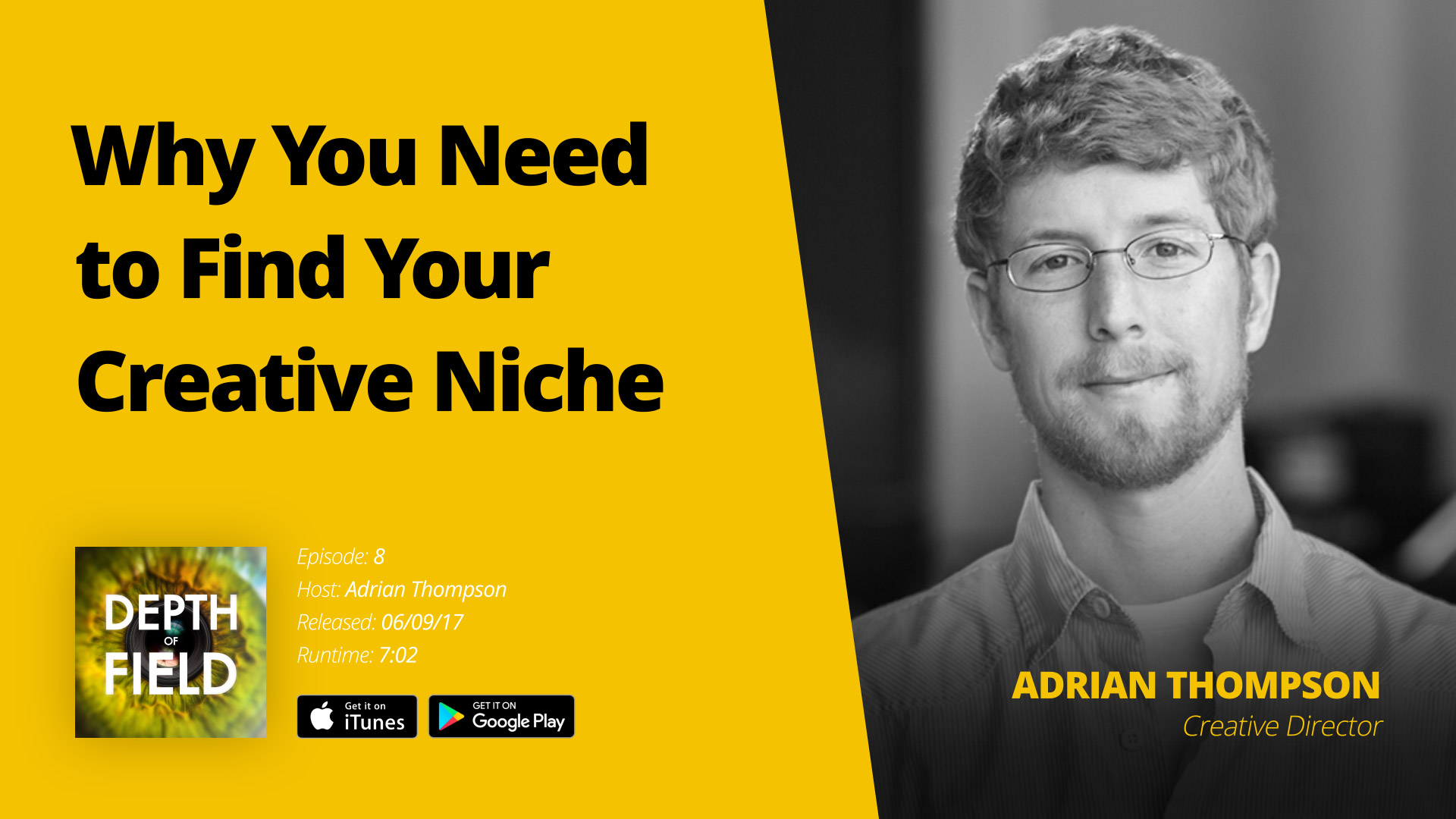
Are you hindering your career by taking on too many roles?
Related Links
Welcome
Adrian: Hey guys, welcome to the show. Today we’re gonna be talking about finding your creative niche, and why I think it is going to be critical in the creative industry. Now, I know several of you are listeners from different parts of the spectrum. We have people that are in film, motion graphics, corporate video and that’s awesome, to be honest. That’s already part of choosing your niche, because you have taken a specific path out of several different options for what you could have done related to creating video content. But I think it needs to go a step further for a lot of us because there is definitely trends where it’s common for people to stretch themselves too thin, trying to learn too much. But that being said, it’s going to look different for every industry. Like, because they all operate so differently, and I acknowledge that first and foremost, that where you are this might be harder to apply.
Exploring the Creative Niche
Adrian: But for instance if we examine the 3D animation industry, and you look at all of the people that go into creating a feature film for a company like Pixar, there are people dedicated to a piece of clothing or a lighting setup in a scene and that’s their job for the movie is to light an object throughout the entire movie, and things like that. In my opinion that is an example of where our industry is heading as more tools are released as the expectations for quality increase, and as competition increases and clients expect things done for cheaper that naturally, we’re going to have to specialize in this areas, because, it’s the only way that we can possibly meet those demands of the industry.
Adrian: But not only that, let’s look at if you don’t find a niche. Like, what’s happening if you want to be a writer, illustrator and animator? Well, as things progress, people are going to be getting better at each of those crafts and there’s going to be some people that only focus on one of those crafts. They’re gonna dedicate their life to it. Now, when it comes time for a client to choose who they want to write, illustrate and animate their project what are the odds of them choosing one guy to do all of them? Or are they gonna choose three people that are the best in their respective talents to do each part of the project? We know which one’s gonna create the better quality work. It’s gonna be the one with three different people that have just dedicated their time to one craft.
Adrian: As that becomes commonplace that’s going … I mean, as that becomes common knowledge that’s just naturally going to be what’s expected, and I know there’s exceptions. There’s going to be the occasional studio that wants to have the all in one guy, and that’s going to be the exception. But when it comes to becoming and creating your best work that’s just eventually what’s going to happen. So, it’s important to know what you’re offering and what your client sees when they’re looking for somebody like you. Like how are they going to decide whether they should work with you? It is because you’re the best motion designer that they can afford? Or are they gonna look at your website and be confused because you have writing samples, you have cinematography samples, and you have your music up there? It’s going to just be convoluted, so, something to think about.
Chaos & Energy Drain
Adrian: Also, when you’re taking on several different types of work it ends up creating additional stress and chaos, because you’re not able to create a system. And the importance of that is that when you’re able to get the tedious nature of our work out of the way that’s when you actually can focus on being creative, which is what all of us want. We all want to be in the zone of creating new and exciting things. But when you have like, three different types of projects even if it’s a subtlety of … like you can fool yourself into thinking you’re in your niche, but let’s just take video production for example.
Adrian: If you’re a wedding videographer versus like a corporate videographer where you’re doing interviews and B-roll onsite, versus, I don’t know, shooting commercials for local businesses that is three, entirely different projects and people might assume in their mind, like, oh, I’m a video person. I do all three of those, but if you’re doing all three of those types of projects at the same time? That is putting a weight on your mind because of the demands each one requires is very different. You have to approach each project very, very differently and, ultimately, that’s going to suffocate your creative potential versus if you were only doing wedding videos. I mean you can become the best wedding videographer in your area because that’s what you’re committed to.
Wrap Up
Adrian: So that’s an example I think that we need to focus on because if we don’t somebody else is going to and the industry’s going to move forward no matter what we end up doing, and I think it’s important just to assess whether we’re falling behind and whether we’re committing ourselves to the work we want to be doing and how that’s going to affect whether or not clients work with us and how that affects our portfolio as well.
Adrian: So, guys, I’m gonna leave it at that. It’s gonna be a short episode today just because there’s not much more to add to that. I think you should spend time this week considering what kind of projects you’re pursuing, whether or not you’re spreading yourself too thin trying to learn too much, because you can’t be the best at three different crafts because other people are going to dedicate their lives to those crafts. Think about that, challenge yourself and thanks for listening. I’ll see you next time.


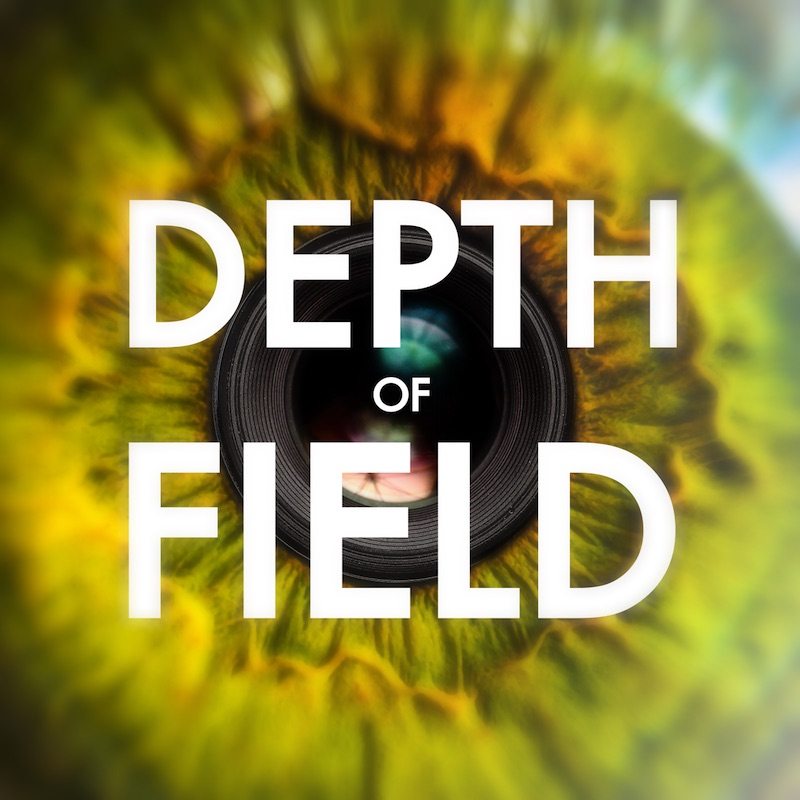


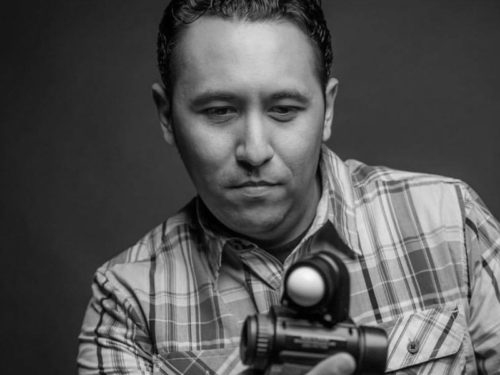
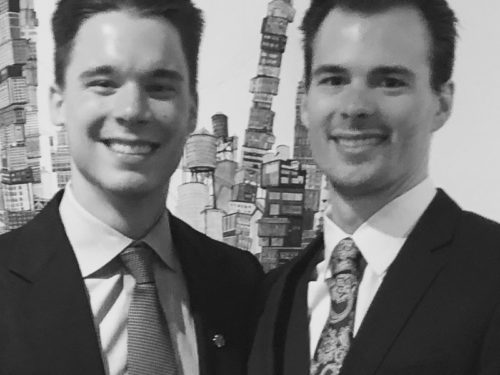
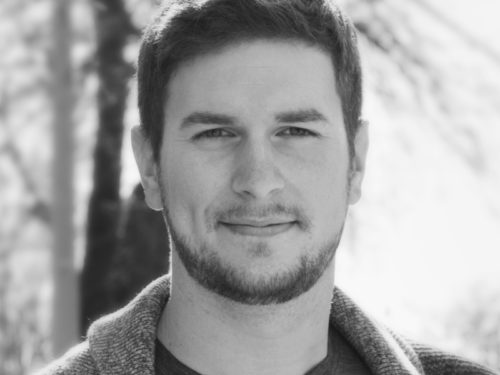
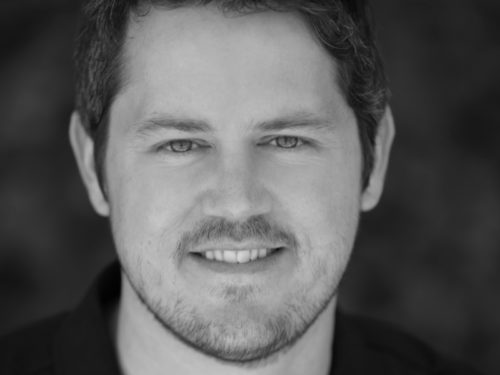
0 Comments